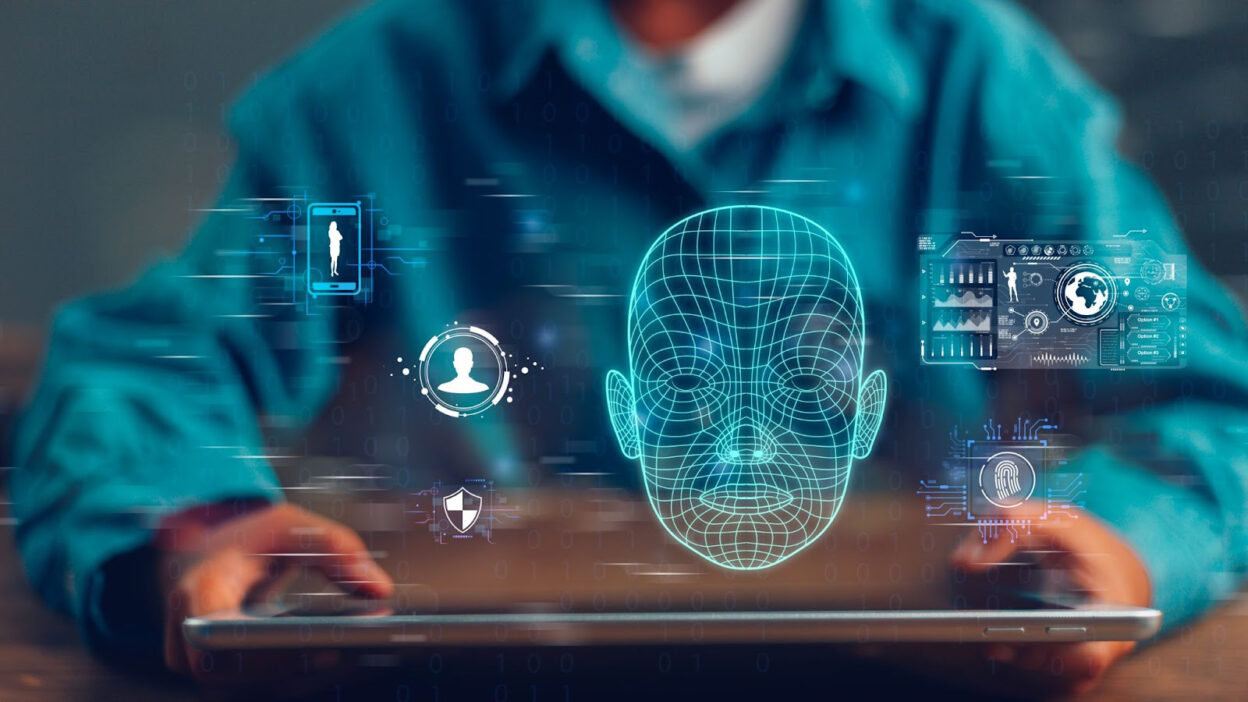In this guide, we explore the impacts of deepfake technology on the music industry in terms of copyright issues, fraud, and its potential use for cheating.
Why Deepfake Clips and Artists Are Becoming a Threat to Music
When people use the “AI is coming for your job” quip, they often assume that it only applies to repetitive or manual roles. Today, with the emergence of generative AI technology and the possibility of generating synthetic media using nothing but text prompts, the reality is proving to be quite the opposite. People in the creative space, such as artists, composers, musicians, and even actors now seem to be under threat of the AI takeover as well.
Using AI, it is now possible to replicate or manipulate the likeness, voice, or style of a known artist to create entire music compositions and other media materials. While there are some legitimate (and potentially positive) use cases for this technology, deepfakes can also be created with malicious intent with far-reaching complications on the reputation, creative rights, and privacy of artists. In this article, we will take a closer look at some of the major reasons why deepfake technology is becoming a threat to music.
Why Deepfake Clips Are a Potential Threat to Music
In the early days of deepfake AI technology, people scoffed at its limitations and ineptitude. Today, this technology has become so advanced that it is impossible to ignore the potential threats it might pose to music and human creativity in general. Here are some of the ways this technology is threatening the music industry today.
IP and Copyright Infringement
Arguably the biggest argument against the advancement of deepfakes in the music industry is the potential impacts of intellectual property rights. Producers, composers, vocal artists, and other professionals in the music production value chain depend on copyright laws to protect their work from theft. However, when AI technology can be used to manipulate an artist’s voice or music style to create new songs, it raises questions about who really owns the rights to the music created and who should profit from it.
In a way, synthetically-generated deepfake music is an infringement on an artist’s copyright since it manipulates their original work. Such a derivative work created without the prior approval of the original owner should be considered illegal. However, the law in certain places does not yet recognize these infringements, leaving the original copyright holder without legal recourse when they do happen.
Infringements on Moral Rights
In addition to the economic impacts of deepfakes, there’s also the question of how it could affect the moral rights of the individuals it mimics. Musicians should have a right to object to any unauthorized usage of their work and likeness, especially if they consider it to be derogatory or against their moral principles.
As technology continues to evolve, it may soon be possible to manipulate a person’s voice and image to sing lyrics that they find objectionable, which is a violation of their moral rights. Unfortunately, with the censorship limitations of the internet, anyone could create and publish manipulated media like this online. This might have a tremendous impact on the artist’s reputation and image before the media can take it down.
Fraud
With the current state of generative AI technology, we are finally at a point where you cannot really trust anything you see or hear online. While AI and fraud detection technologies are advancing rapidly too, it’ll take a while before they eventually catch up.
For instance, consider a situation where an artist commissions a freelancer to create an original beat, write lyrics, or create a music composition for them. The freelancer may use any of the emerging generative AI tools to create the requested composition and get paid for it even though it’s not their own original work.
Another instance is the use of an artist’s voice or images for promotional purposes without their consent. While current laws in most places recognize an individual’s right to control the commercial use of their name, image, or voice, deepfake audio creators can easily infringe on those rights now that technology makes it easy.

Cheating and Its Impact on the Value of Creative Talent
Although AI is not yet writing or creating entire pop music videos without significant human intervention, this might happen at some point in the future. When this eventually happens, there’ll be questions about whether using these AI tools to create counts as cheating and deception or not.
It also means more people (including those without the conventional talents required to create music) will be able to do so as long as they know how the technology works. Democratizing music production this way will have some impact on the value of creative talent. It’s a dystopian droid-filled future that most people don’t want to imagine living in.
The current music landscape involves several professionals. They include:
- Musicians
- Artists
- Music producers
- Editors
- Cinematographers and so on
These are creative jobs that might be replaced by AI as the technology continues to infiltrate the industry. Professionals in these professions are beginning to express concerns. These concerns are causing many people interested in these creative fields to reconsider their career paths.
The proliferation of deepfakes affects everyone within the music value chain. The table below summarizes how this technology is a potential threat to musicians, record labels, policymakers, and even the audience.
| Stakeholder | Potential Negative Impacts of Deepfake Technology |
| Artists/musicians | IP and copyright infringement, fraud and privacy concerns |
| Music producers/composers | IP infringement and fraud |
| Record labels | Potential revenue loss and legal issues |
| Audiences/consumers | Difficulty in discerning authentic content from deepfakes |
| Policy makers | Need for new laws and regulations |
Conclusion
Artificial Intelligence has made significant strides, particularly in the past few years. This technology has proven its potential to disrupt and redefine the norm in entire industries. However, the growth of AI has also led to concerns about its potential risk, such as its use in creating deepfakes and other related generative content that could have malicious use. To thrive in this new normal, key stakeholders such as artists, record labels, tech companies, and policymakers have to establish clear ethical standards that foster innovation while protecting the rights of artists and the integrity of the industry.


Be the first to comment